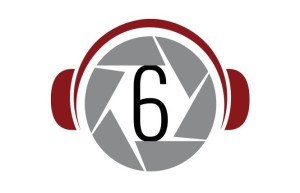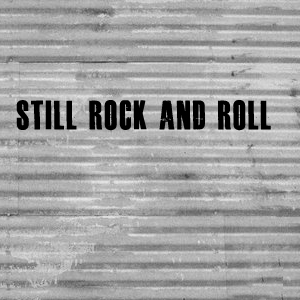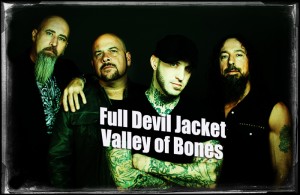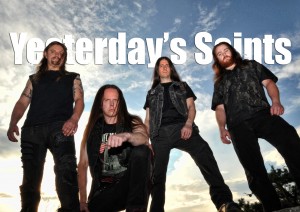Family Re-Imagined
4 min readThe family has long been the cornerstone of human life. From its inception at the hands of God Himself (Herself?!), the family has seemed to be the foundation on which people have built their entire lives. It was for the sake of their families that people from all over the globe, and since the dawn of mankind, have endured hardship and stress to move their families from one place to the next in search of a better life. But what of the family today? Has the modern definition of family shifted? If it has not yet, should it ever?
To start and raise a family is one of the great expectations placed – however subconscious – on individuals as they themselves mature into adulthood (or at least, as they grow older). The second that people reach a certain age, the same questions are asked, varying only in their phrasing: “When are you going to find someone?” “When are you going to settle down?” When are you getting married?” Exactly five minutes after said event occurs, the new question immediately becomes, “When are you going to have some kids?” or “When should I expect my first grandchild?” (For the record, your parents are not going to appreciate an answer like “Sometime after hell freezes over, thaws out, and refreezes again.” Trust me.)
Furthermore, most people would agree that what has classically been defined as the “nuclear” family is the most stable environment; that is, two biological (and loving) parents at home with the children. However, most people would also say that all diseases, hunger, and war should also be eradicated. My point is “that which should be” and “that which is” are often two very different things.
For several decades, we’ve seen the face of the family change. The Waltons and the Cleavers gave way to the Bradys, one of TV’s first blended families. The changes didn’t stop there as the 1970’s and 1980’s gave us more non-traditional families like the Drummonds from “Diff’rent Strokes” and those in “Full House,” “Step By Step,” and “My Two Dads.” Meanwhile, nuclear families were being depicted in two very different ways. For every family like the Cosbys, there was a family like the Bundys. The Flintstones gave way to the Simpsons. More interesting is that there were also programs depicting different groups of people coming together to become family, whether it was in “The Facts of Life” or “A Different World.” I think that all these changes were very important in that they positively implied that families don’t have to be made up of Father, Mother, and 2.5 kids.
The point that I am trying to make is that, here, in this real world in which we live, it is not always possible to have things picture perfect. Furthermore, I think that family can be found in more places than the home, especially when the home is a negative situation in an individual’s life. With all the talk about the legal redefinitions of the family, I personally think that we need to see both sides. For everyone that’s concerned that allowing certain people to marry and adopt children will cause an erasing of “family values” in epic proportions, there are those concerned that the “nth degree” in the opposite direction is to have only the “traditional family” be accepted and even legal. (As an aside, for those that continually rail for “Biblical family values,” do they mean the “Honor your father and mother” idea, or the thought that a single mother probably raised Jesus? Or, maybe they’re referring to the possibility that David was an illegitimate child?)
The bottom line is that we, as a society and a church, need to understand that not everyone is going find a relationship with Christ (at least, in the way that we currently define it, but that’s another story). So then, why do we feel like we should prevent certain people from creating a family because their methods don’t align with our beliefs about it? What gives us that right? Why should we have the right to legislate what we can’t convince them of? (For example, consider many of the laws concerning behavior that we have as a country. The vast majority of people do not have any problems with them, and most would agree that the laws deal with things that shouldn’t be done anyway. They’re almost redundant, when looked at from this perspective.) Families have changed. Period. The so-called “traditional family” is now no longer common; in fact, it’s sometimes a surprise to see one, even in the church. It seems like we need to let go of this stranglehold that we’re attempting to keep on the word (and concept) of family and realize that it’s hypocritical to say, “You’re my sister (in the Lord)” or call that group of men a “band of brothers,” but then say, “No. You can’t call yourselves a family. Nope. No way,” to other people. We can’t pick and choose; that’s the ultimate in bias and judgment-passing.
As much as I wish I could offer it, there’s not an easy answer. I’m going to pull the “you can’t please everyone” card out, because, as Calvin told Hobbes, “A good compromise leaves everybody mad.” In this case, I wish we’d err on the side of allowing people that want to form a loving, stable “family” unit to do so.





